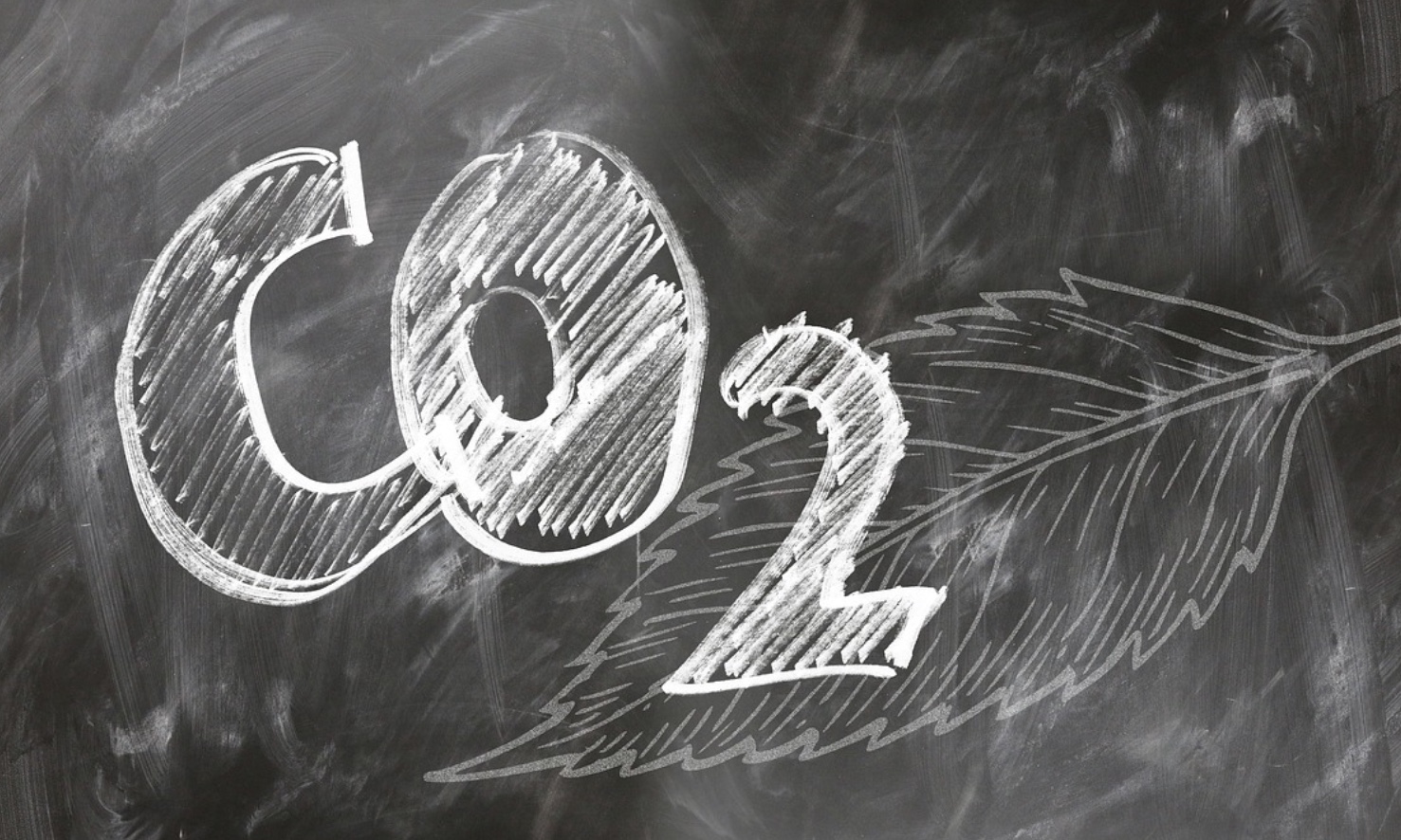In 2019, Honeywell set a new “10-10-10” target to reduce global Scope 1 and Scope 2 greenhouse gas emissions intensity by an additional 10% from 2018 levels, deploy at least 10 renewable energy opportunities, and achieve certification to ISO’s 50001 Energy Management Standard at 10 facilities by 2024. The company is on track to meet these commitments.
Honeywell says that about half of Honeywell’s new product introduction research and development investment is directed toward products that improve environmental and social outcomes for customers. The company’s Solstice line of low-global-warming-potential refrigerants, blowing agents and aerosols has already avoided discharge of the equivalent of more than 200 million metric tons of carbon dioxide to the atmosphere. The company also provides process technology to produce biofuels, energy savings performance contracts to deliver energy efficiency in buildings and campuses, and software that helps building owners conserve energy while improving occupant safety and comfort.
Honeywell continues to invest in other sustainability technologies, including energy storage solutions such as flow batteries that allow surplus wind and solar power to be stored and used when needed, along with technologies to support the decarbonization of residential, commercial, and industrial energy by replacing natural gas with hydrogen.


